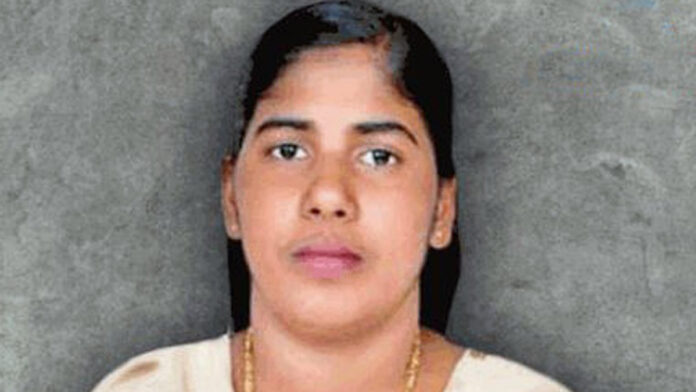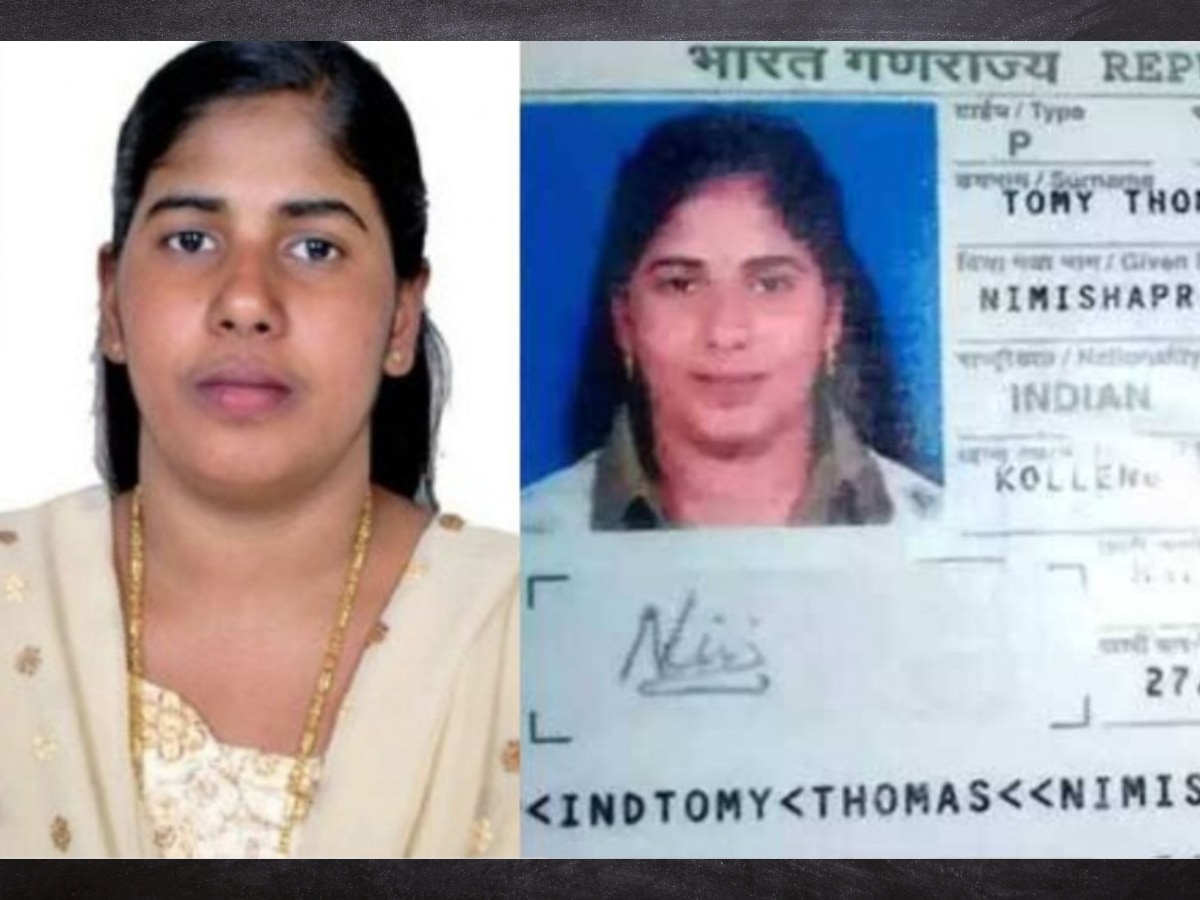Blood Money has become the last hope for Indian nurse Nimisha Priya, who is currently sentenced to death in Yemen for allegedly murdering a Yemeni national. Her family has made an emotional appeal to the victim’s family, offering diya (blood money) as a means to save her life. This case, which highlights the struggles faced by Indian expatriates abroad, has brought significant attention to the concept of blood money and its role in Islamic law.
What Is Blood Money And How Does It Work?
Blood Money, also known as diya in Islamic law, is a form of financial compensation offered to the family of a victim in cases of murder or injury. It allows the offender to escape severe penalties, such as the death sentence, provided the victim’s family consents to the arrangement.
In Nimisha Priya’s case, her family has expressed their willingness to pay blood money to the Yemeni victim’s family to save her from the death penalty. This legal option, deeply rooted in Islamic traditions, represents a chance for forgiveness and reconciliation, even in the gravest situations.
Nimisha Priya’s Journey From Kerala To Yemen
Nimisha Priya, a nurse from Kerala, moved to Yemen to provide a better future for her family. However, her life took a tragic turn when she was accused of murdering a Yemeni national under circumstances that remain disputed. Her defense claims that the act was unintentional and arose out of a desperate situation, but the Yemeni court sentenced her to death in 2020.
Her case is a stark reminder of the challenges faced by Indian expatriates working in foreign countries, especially in regions with strict legal systems and cultural differences.
The Role Of Blood Money In Saving Lives
Blood money is not just a legal provision; it is a moral and emotional appeal for mercy.
- Forgiveness Over Retribution: Blood money emphasizes the value of forgiveness over punitive justice, providing families with an opportunity to reconcile.
- A Humanitarian Solution: It acknowledges the emotional and financial suffering of the victim’s family while offering a second chance to the offender.
- Global Implications: Cases like Nimisha’s showcase how cultural and legal differences influence justice systems across the world.
The Challenges Of Raising Blood Money
For families like Nimisha Priya’s, raising the required amount for blood money can be a daunting task. Often, the amount demanded is substantial, reflecting the gravity of the crime and the loss suffered by the victim’s family.
In Nimisha’s case, her husband has appealed to the public and the Indian diaspora for support in gathering the funds. Community-driven efforts have played a crucial role in similar cases, and her family hopes for a similar outpouring of assistance.
India’s Diplomatic Intervention In The Case
The Indian government has stepped in to advocate for Nimisha Priya’s life, leveraging diplomatic channels to negotiate a solution. The Ministry of External Affairs has been working closely with Yemeni authorities, emphasizing the humanitarian aspects of the case while respecting the local legal framework.
This case highlights the importance of strong diplomatic relations in protecting the rights and lives of Indian citizens abroad.
Historical Context Of Blood Money In Islamic Law
The concept of blood money has been part of Islamic jurisprudence for centuries.
- Origins: Rooted in the Quran and Hadith, diya is considered a compassionate alternative to capital punishment.
- Modern Applications: Countries like Yemen, Saudi Arabia, and the UAE continue to implement blood money as part of their legal systems.
- Cross-Cultural Challenges: For expatriates, navigating such laws can be challenging, especially without adequate legal representation and support.
Community Support In Similar Cases
Nimisha’s case is not the first time an Indian expatriate has faced the death penalty in a foreign country. Over the years, there have been numerous instances where community efforts and diplomatic interventions have successfully saved lives.
For example:
- In 2015, Indian workers in Saudi Arabia were saved from execution after diya was paid with the help of community fundraising.
- Another Indian expatriate in the UAE avoided the death penalty after local organizations helped raise blood money for the victim’s family.
These examples underline the power of collective action and the importance of awareness about legal provisions like diya.
The Emotional Toll On Families
For Nimisha’s family, the ordeal has been emotionally devastating. Her husband’s appeal for mercy, highlighting their daughter’s need for a mother’s love and support, has struck a chord with many. The family’s resilience and determination to save her life reflect their unwavering hope in the face of adversity.
Why Nimisha Priya’s Case Matters?
This case is more than just a legal battle; it is a reflection of the human cost of justice systems that emphasize retribution over rehabilitation. It raises critical questions about:
- The role of forgiveness in justice.
- The responsibilities of expatriates in understanding local laws.
- The need for stronger support systems for Indians working abroad.
The story of blood money, while deeply rooted in Islamic tradition, carries universal lessons about empathy, reconciliation, and the potential for second chances. For Nimisha Priya and her family, it represents a lifeline, a glimmer of hope in their darkest hour.



.jpg)